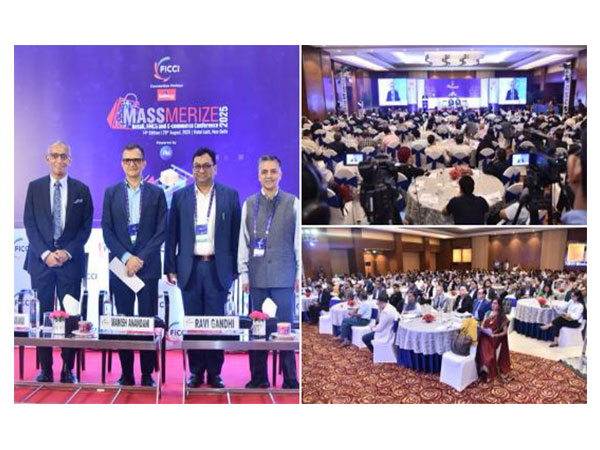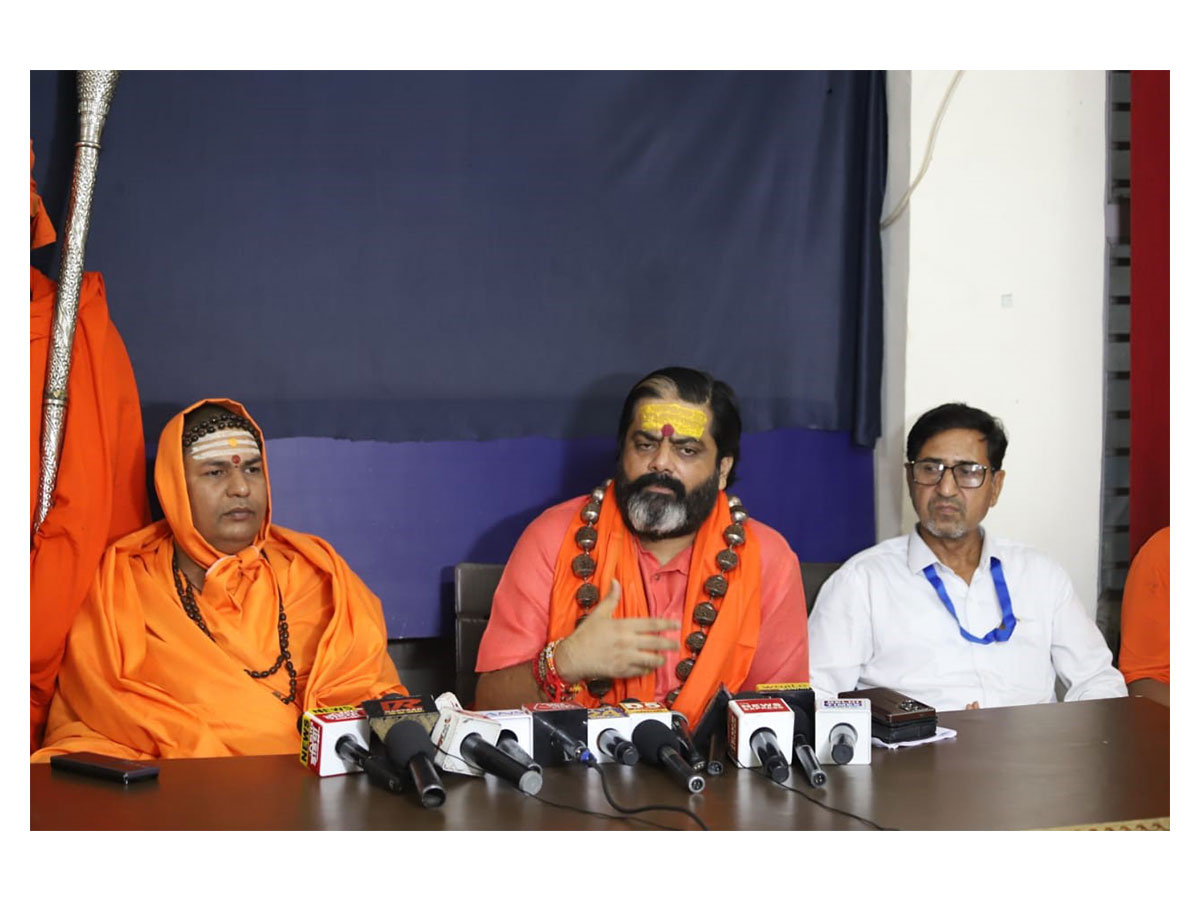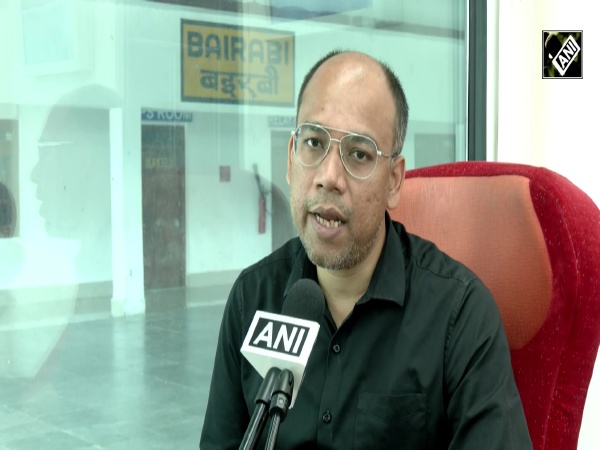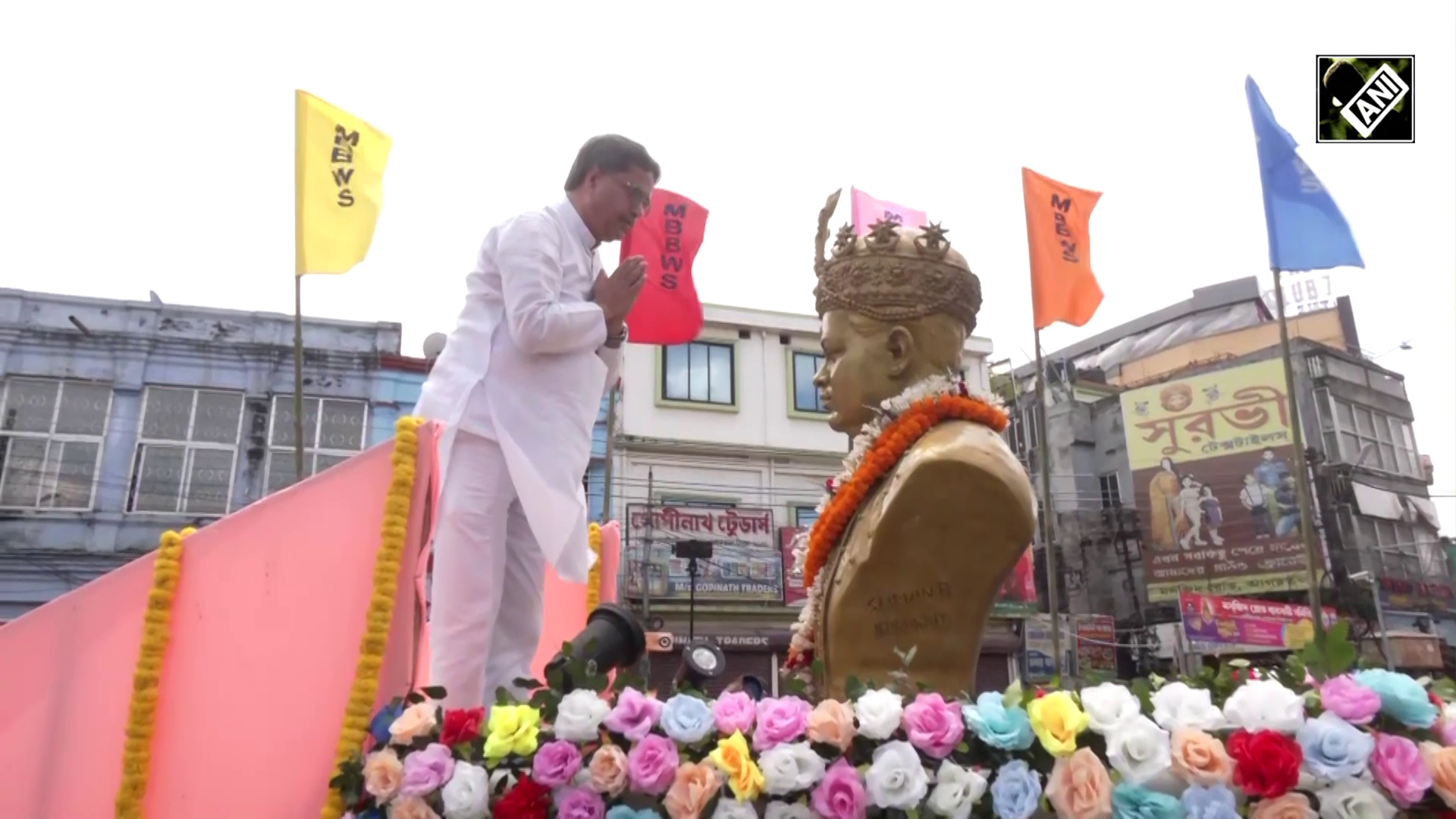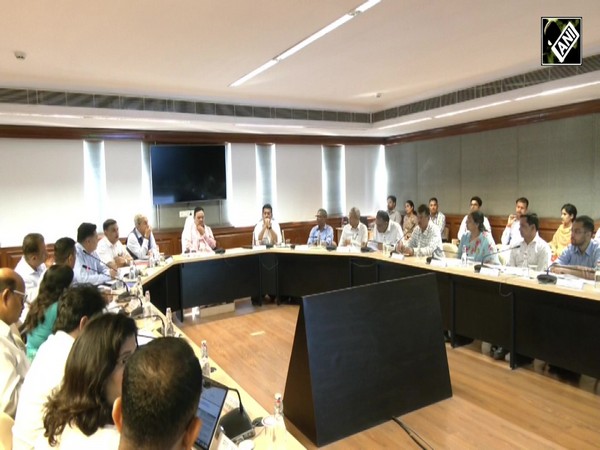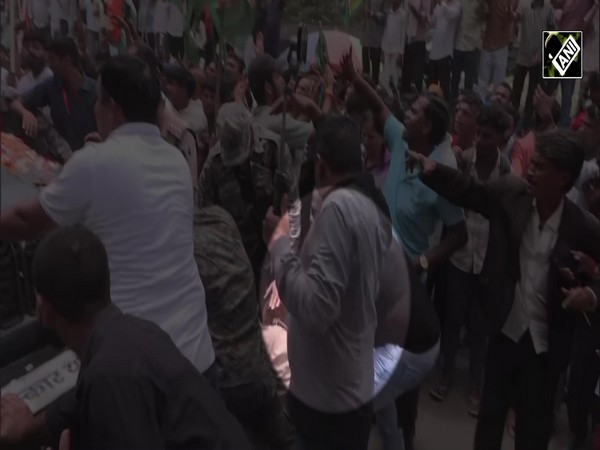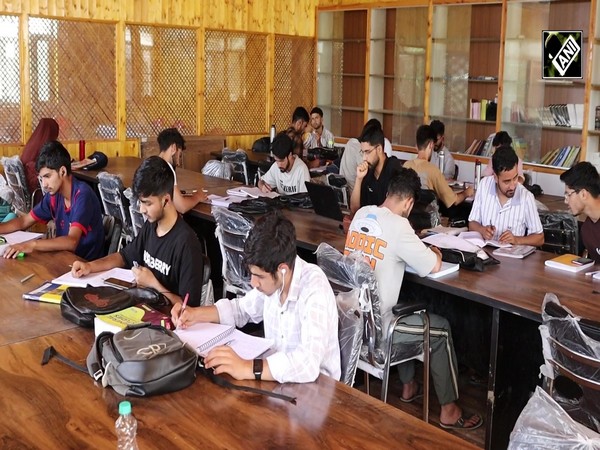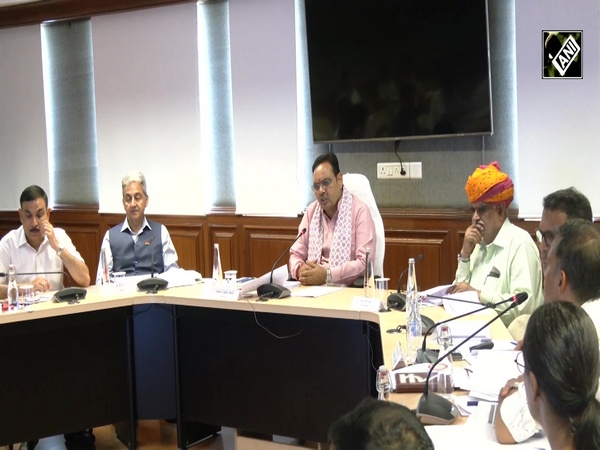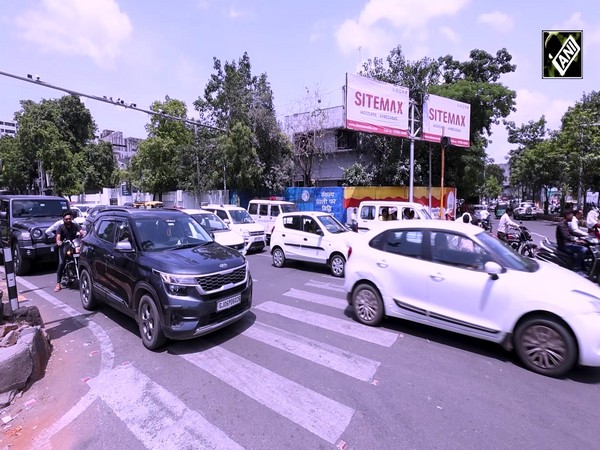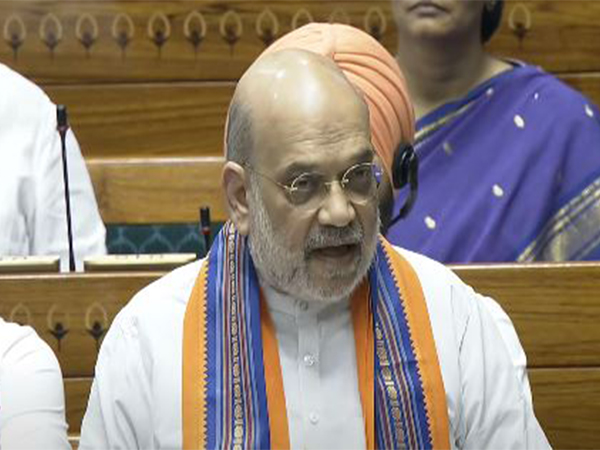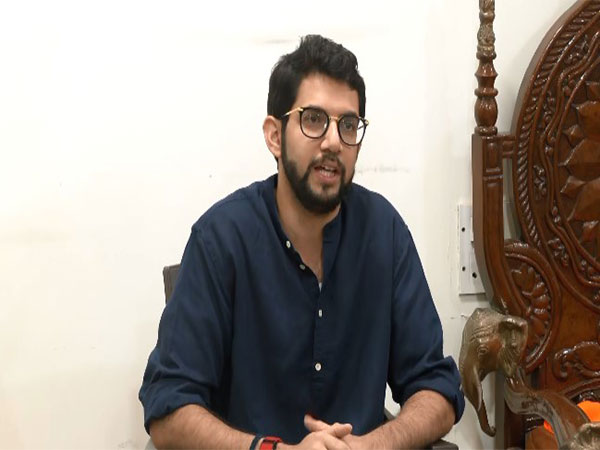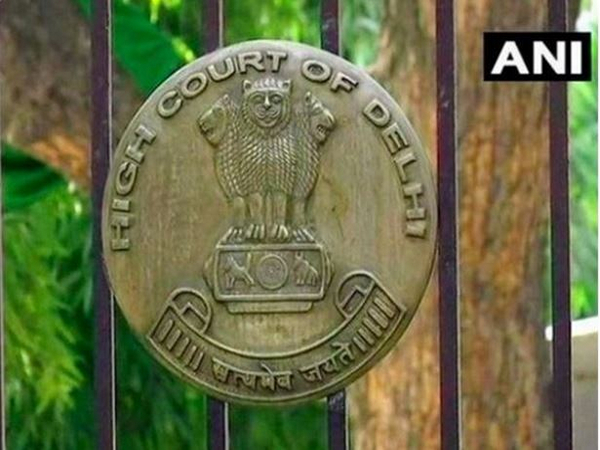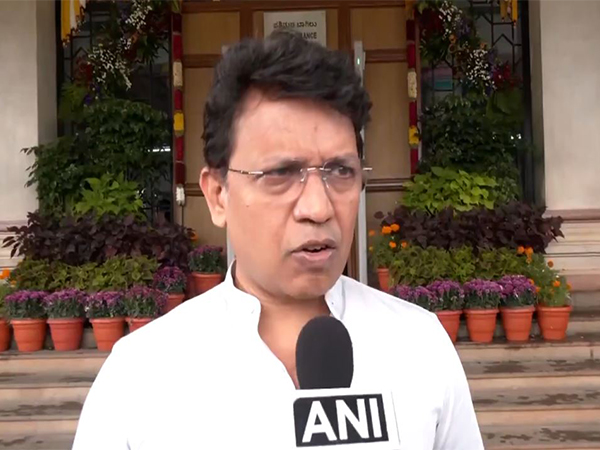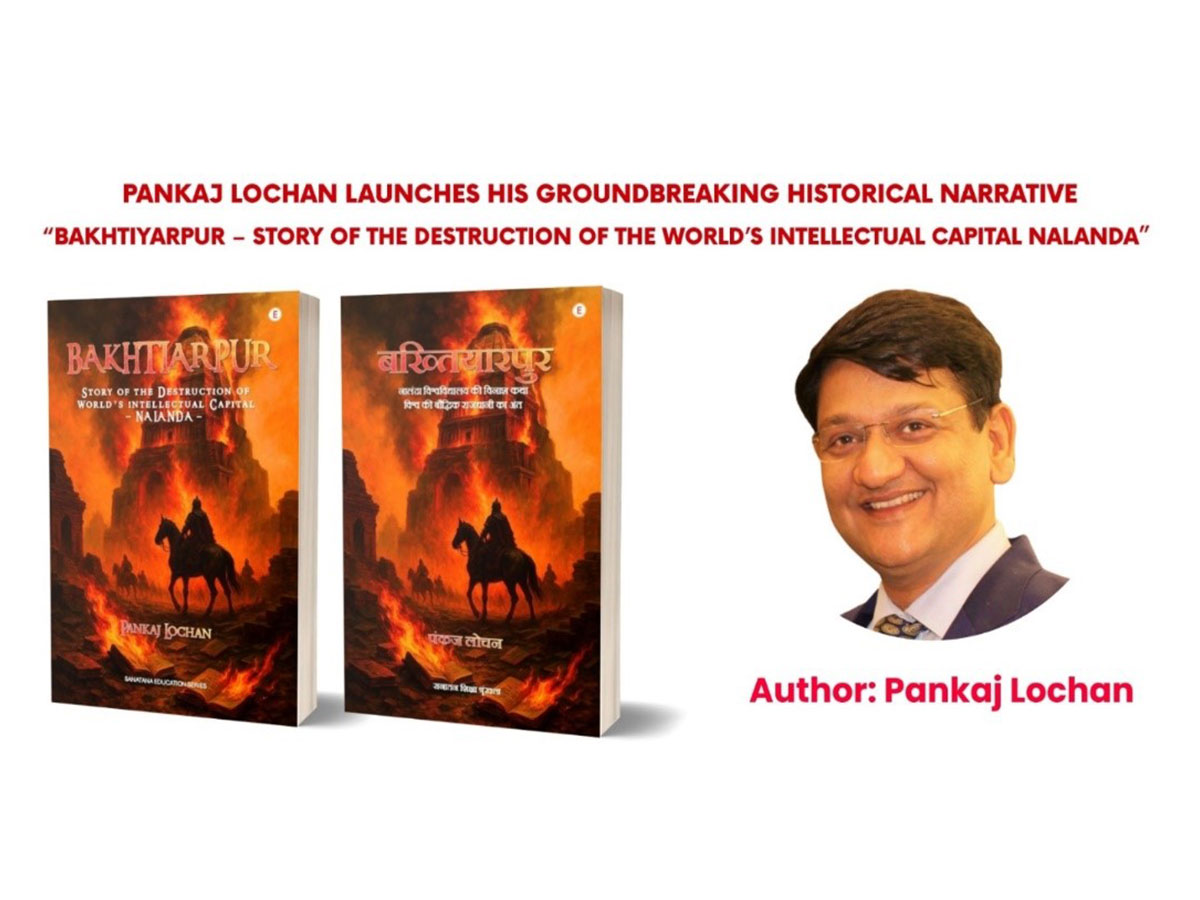
Pankaj Lochan launches his groundbreaking historical narrative: "Bakhtiarpur - Story of the Destruction of the World's Intellectual Capital Nalanda"
Aug 20, 2025
VMPL
New Delhi [India], August 20: On this historic day, Evincepub Publishing announced the release of "Bakhtiarpur: Story of the Destruction of the World's Intellectual Capital Nalanda", authored by renowned corporate leader and writer Pankaj Lochan. Published under the Sanatana Education Series, this book revisits one of the darkest yet most defining episodes in Indian civilization--the burning of Nalanda University by Bakhtiyar Khilji in 1193 CE--and asks a question that resonates even today: Why does a railway station near those ruins still bear the invader's name?
A Forgotten Question That Became a Lifetime Quest
"Bakhtiarpur is not just the story of a place; it is the story of a forgotten question," says Lochan. As a young boy traveling to his maternal village, he was struck by the yellow railway signboard of Bakhtiarpur Junction. The name, echoing the very figure who destroyed Nalanda and other ancient Mahaviharas, felt misplaced amidst the sacred soil of Magadh. That dissonance, that quiet discomfort, grew into a lifelong inquiry which culminated in this book.
Blending personal memoir, folk memory, and historical study, Lochan weaves a narrative that is as intimate as it is civilizational. He explores how memory erodes when names survive conquest, how geography can carry the wound of history, and how silence over centuries becomes complicity.
Nalanda: The World's First Global University
The book resurrects the grandeur of Nalanda and its sister institutions Vikramshila, Odantpuri, and Telhara--great centers of learning where scholars from across Asia once converged. Lochan reminds us that Nalanda was not merely a university; it was the Harvard, Oxford, and NASA of its time. Its libraries, said to house over nine million manuscripts, burned for months after Khilji's invasion. Thousands of monks who embodied oral traditions were massacred.
Yet today, a railway station near the ruins celebrates the memory of the destroyer rather than the teachers, monks, or sages who once illuminated the world. Lochan asks: What does this say about our relationship with our own history?
Between Memory and Amnesia
The narrative does not stop at medieval history. Lochan juxtaposes his childhood memories of village life in Bihar--where Hindus and Muslims once lived in natural harmony--with the gradual changes that crept in by the 1990s, post the Babri Masjid demolition. He writes of how communities, once bound by shared soil and festivals, began to drift apart under the weight of identity politics.
But for him, the real tragedy lies not in conflict, but in forgetfulness. "History is not vengeance. But forgetting it is betrayal. And correcting it is Shraddh," he writes, framing his book as both a reclamation and a tribute.
About the Author - Pankaj Lochan
Pankaj Lochan is a distinguished corporate leader, thinker, and author of twelve books. An alumnus of IIT-BHU (Mechanical Engineering) and IIM Ahmedabad, he has held senior leadership roles in Tata Steel, Dr. Reddy's Laboratories, JSW Group, Ambuja Cements, Jindal Steel & Power, and the Mafatlal Group.
His writing spans across leadership, management, Total Quality Management (TQM), cultural reflection, and historical narrative. Known for his seven-book TQM series on operational excellence, Lochan brings the same rigor and insight to history that he brings to management. His Sanatana Education Series seeks to rediscover India's civilizational roots. Bakhtiarpur marks the second book in this series, following Sanatan and Science.
Why This Book Matters Now
In today's India, where debates over historical memory, identity, and cultural pride are louder than ever, Lochan's book strikes a delicate balance. It neither demonizes nor romanticizes but insists on remembrance. It challenges readers to rethink how we name places, whom we memorialize, and what stories we allow our children to inherit.
The book also highlights the continuity between ancient Indian knowledge systems and modern science--tracing mathematics, astronomy, medicine, and governance back to luminaries like Aryabhata, Charaka, Sushruta, Varahamihira, and Chanakya. Lochan underscores how much of the world's knowledge had its roots in Magadh, long before it was "rediscovered" in the West.
Praise and Early Reception
Historian William Dalrymple, speaking at the India Today Conclave earlier this year, remarked:
"Bihar's Nalanda University was the Harvard, Oxbridge, NASA of its day. When you see Oxford or Cambridge quads, you are looking at an idea that originated in India."
Lochan's book echoes this sentiment while adding a deeply personal layer: the pain of a child who grew up seeing his homeland reduced to stereotypes, mocked for its poverty, and stripped of its glory.
Themes in the Book
1.Memory vs Forgetting - How civilizations die not just from invasions but from forgetting their own greatness.
2.Names as Carriers of History - Why Bakhtiarpur stands as a symbol of misplaced memory.
3.The Destruction of Nalanda - A detailed exploration of the burning of the world's greatest repository of knowledge.
4.The Ganga-Jamuni Fabric - A nostalgic look at village life before communal divides deepened.
5.Civilizational Pride - Why remembering Magadh's contributions is essential for India's future.
6.A Personal Quest - From a boy's curiosity at a railway signboard to a man's commitment to civilizational remembrance.
Quotes from the Author
- "This book is not about religion. It is about memory. About how willingly we allowed ourselves to be renamed in our own home."
- "Forgiveness does not mean silence. Compassion must not be mistaken for cowardice."
- "To forget is to betray. To correct is Shraddh."
Publication Details
- Title: Bakhtiarpur: Story of the Destruction of the World's Intellectual Capital Nalanda
- Author: Pankaj Lochan
- Publisher: Evincepub Publishing
- First Edition Release: 15th August 2025, Sri Krishna Janmashtami
- Series: Sanatana Education Series (Book 2)
Bakhtiarpur is more than a book; it is a mirror held up to India's civilizational conscience. It forces us to look at what we have forgotten, what we continue to ignore, and what it means to remember truthfully. For students, scholars, policymakers, and ordinary citizens alike, this book is both a historical reminder and a cultural call-to-action.
As India strides confidently into the future, Lochan's Bakhtiarpur asks us to pause, reflect, and reclaim the dignity of our past. Because without memory, progress is rootless. And without roots, even the tallest tree cannot stand.
This book is in Hindi and English also. Both editions are available on Amazon India, Flipkart, and through the publisher's platform at, www.evincepub.com.
(ADVERTORIAL DISCLAIMER: The above press release has been provided by VMPL. ANI will not be responsible in any way for the content of the same)
